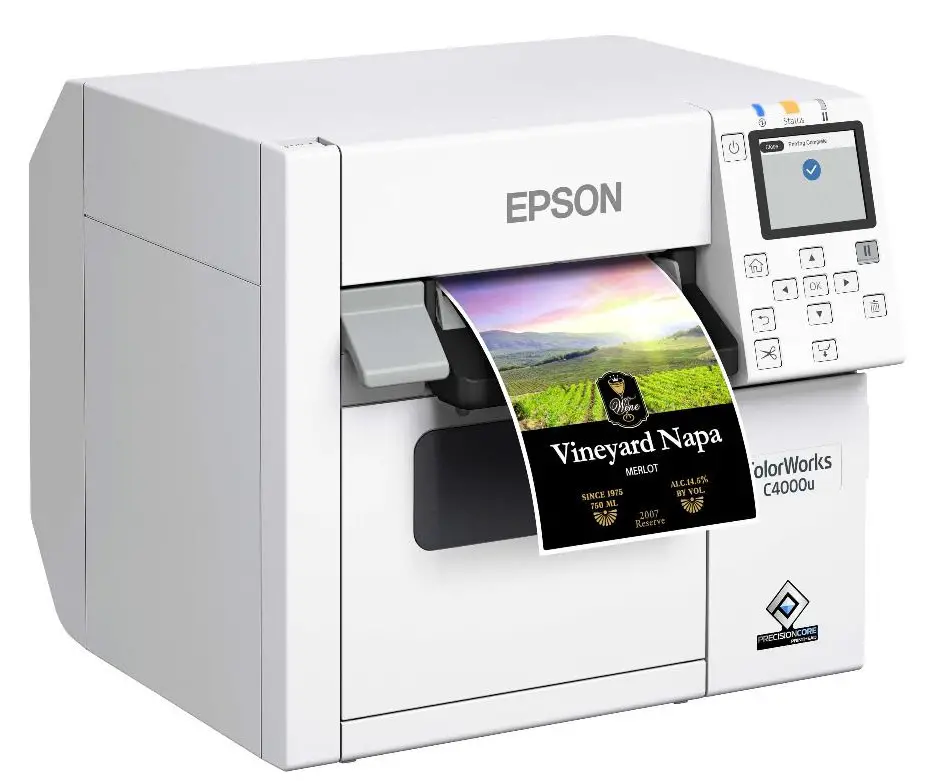
Label printers are indispensable tools in various industries, providing essential services in product identification, organization, and branding. These specialized printers are designed to produce high-quality labels quickly and efficiently, catering to a myriad of labeling requirements.
Understanding the broad spectrum of label printer usage illuminates their significance in today’s fast-paced business environment. This comprehensive guide explores the diverse applications of label printers and the factors influencing their usage.
The Versatility of Label Printers in Different Industries
1. Retail and Commerce
In the retail sector, label printers are instrumental in price tagging, inventory management, and product identification. They facilitate the printing of barcodes, price tags, and product information, streamlining the checkout process and inventory tracking.
The ability to print custom labels on demand enhances retail operations, contributing to effective stock management and customer service.
2. Healthcare and Pharmaceuticals
In healthcare and pharmaceutical industries, label printers play a critical role in patient safety and regulatory compliance. They are used for printing prescription labels, patient ID wristbands, specimen labels, and medication packaging labels.
These labels often contain critical information such as dosage instructions, patient data, and expiration dates, necessitating accuracy and legibility.
3. Manufacturing and Logistics
Label printers are vital in manufacturing and logistics for tracking and managing products throughout the supply chain. They facilitate the printing of shipping labels, product serialization, and asset tracking tags.
The ability to produce durable, long-lasting labels is essential in these industries, where labels must withstand various environmental conditions and handling.
4. Office and Administration
In office environments, label printers aid in organization and efficiency. They are used for file labeling, asset tagging, and mailroom operations. The convenience of printing custom labels for organizational purposes streamlines workflow and enhances office management.
5. Food and Beverage Industry
In the food and beverage industry, label printers are used to print nutrition labels, expiration dates, and batch numbers. Compliance with food safety regulations and the need for clear, legible labels make these printers an essential part of packaging and labeling processes in this sector.
Factors Influencing the Usage of Label Printers
1. Label Durability and Quality
The need for durable and high-quality labels varies across industries. For example, labels in industrial settings need to be resistant to chemicals, abrasion, and extreme temperatures, whereas in retail, the focus might be more on aesthetics and clarity.
2. Printing Volume and Speed
The volume of labels required and the speed of printing are crucial considerations. High-volume environments like manufacturing and logistics demand printers capable of fast, continuous printing, whereas in small businesses or offices, a lower-volume, desktop label printer might suffice.
3. Print Technology
The choice of print technology (thermal, inkjet, laser) depends on the application. Thermal printers are popular in shipping and manufacturing due to their speed and durability, while inkjet and laser printers are favored for their high-quality, colorful prints in retail and food labeling.
4. Connectivity and Integration
The ability to integrate label printers with existing systems (like warehouse management systems or point-of-sale systems) and connectivity options (such as USB, Wi-Fi, or Ethernet) play a significant role in their usage. Seamless integration ensures efficiency and accuracy in label printing.
5. Regulatory Compliance
In industries like healthcare, pharmaceuticals, and food and beverage, compliance with regulatory standards is a key driver in label printer usage. Printers in these sectors must be capable of producing labels that meet specific legal and safety requirements.
The Future of Label Printing
Advancements in technology are continually shaping the label printing industry. The emergence of smart label printers, capable of integrating with IoT devices and cloud-based systems, is enhancing operational efficiency.
The trend towards sustainability is also influencing printer and label material choices, with a growing emphasis on eco-friendly solutions.
Conclusion
Label printers are a cornerstone in a variety of industries, playing a pivotal role in product identification, safety, compliance, and organization.
Their usage, influenced by industry requirements, technological advancements, and regulatory standards, highlights their adaptability and importance.
From enhancing efficiency in logistics to ensuring safety in healthcare, label printers continue to be vital tools in the modern business landscape. As technology evolves, so will the capabilities and applications of label printers, further cementing their role in a myriad of industries.



